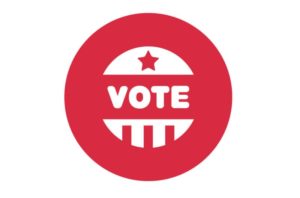 Having stirred some anxiety with the news that its voting app would be used in this November’s midterm elections in West Virginia, Voatz is now seeking to reassure Americans that its platform is safe and secure.
Having stirred some anxiety with the news that its voting app would be used in this November’s midterm elections in West Virginia, Voatz is now seeking to reassure Americans that its platform is safe and secure.
The two key pillars of the Voatz platform in terms of security are its use of biometrics and blockchain. The app is designed to use facial recognition and document reading to match an end user’s selfie image against a picture of their state-issued ID. Meanwhile, its storage of sensitive data on a distributed ledger ensures that this information can’t be cracked with an attack against a central server.
Nevertheless, the news that overseas military service members would be able to use the Voatz app in the upcoming election prompted some security experts and others to issue vocal warnings about the dangers of online voting, especially in the climate of suspicion after Russia’s interference in the 2016 presidential election. As one University of Michigan computer science professor told a Vox reporter, “voting over the internet is a very, very hard, unsolved security problem.”
Voatz remains confident in its system, however, and has now posted a detailed FAQ on its website to address “the engaged conversation”. While its answers go into some detail, many start with some simple, reassuring affirmations: “Has this been vetted by independent 3rd party auditors? Yes…”; “Has Voatz run pilots before? Have they all been successful? Yes…”
Indeed, the app was already piloted in primary elections this year in two West Virginia counties, and received an enthusiastic response from election officials. And with only a small proportion of overseas service members expected to participate this November – the West Virginia secretary of state deputy chief of staff predicts they’ll number about a hundred – the stakes are relatively low. As such, the election should prove to be a good testing ground, for Voatz and election officials, and any hackers who want to try disrupting the system.

Follow Us